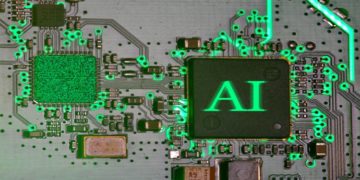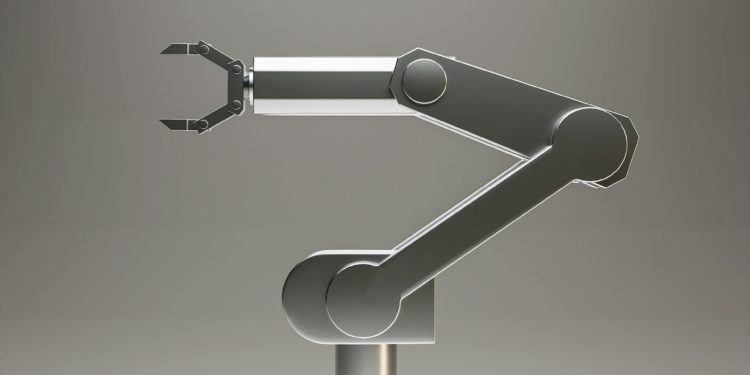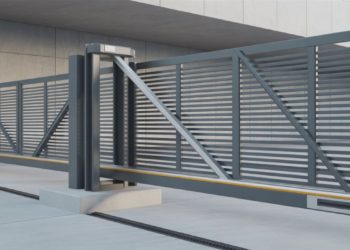The significant environmental impact of large industrial activities is clear. Massive infrastructure projects, in particular, are energy-intensive throughout their lifecycle.
Automation within these industrial processes can be critical to enhancing efficiency and, by extension, promoting sustainability. The adoption of automated systems not only streamlines operations but also significantly reduces resource consumption.
Estonia presents a compelling case of the transformative power of automation, having emerged as a highly automated and innovative society after the departure of Russian occupiers. The country’s business landscape, particularly its approach to automation, offers valuable insights into sustainable practices.
Take the example of Fractory, an Estonian company revolutionizing the manufacturing services sector. By automating the procurement and supply chain processes, particularly in the metal industry – a notably inefficient segment of manufacturing – Fractory achieves significant time and energy savings. This not only benefits engineers but also contributes to broader environmental sustainability.
The complexity of the manufacturing sector underlines the importance of such innovations. Client and partner testimonials show the tangible benefits of automating manufacturing processes. For instance, companies facing dissatisfaction with traditional outsourcing options have found Fractory’s services to replace the need for costly investments in specialized equipment like laser cutting and CNC machines, which are expensive, space-consuming, and require ongoing maintenance. Fractory’s model allows access to such services, like sheet metal bending, CNC milling and laser cutting service, with the convenience of in-house operations, avoiding the environmental and financial implications of manufacturing and maintaining additional machinery.
Fractory’s approach to consolidating orders based on material and manufacturing requirements reduces waste and simplifies manufacturing logistics. This strategy highlights the environmental and operational advantages of intelligent resource management.
Addressing the engineering talent shortage is another critical aspect of sustainability. The engineering profession is essential for devising solutions to the climate crisis, yet the scarcity of engineers poses a significant challenge. Fractory’s platform, which facilitates order placement through 3D models instead of traditional drawings, shows how technology can effectively leverage existing engineering resources, potentially unlocking engineering time to allow for crucial work to be done.
This kind of cloud-based manufacturing solution shows the potential for technological innovation to change traditional markets. By fostering a more efficient and collaborative ecosystem for manufacturers and clients, Fractory demonstrates how to achieve superior service quality, affordability, and environmental sustainability simultaneously.
Ultimately, the goal is to remove unnecessary production and machine acquisition, directing jobs to where they can be completed most efficiently. This ideal scenario minimises transportation costs and maximises sensible resource use, although achieving this balance remains challenging due to logistical and regulatory factors.
Fractory’s commitment to integrating existing technologies and developing proprietary solutions for price and cost calculations showcases a proactive approach to overcoming the technological limitations currently facing the manufacturing industry. This effort aims not only to enhance Fractory’s service offering but also to inspire broader adoption of more efficient, sustainable manufacturing practices.
The efficient use of resources can achieve environmental sustainability. While resource consumption is inevitable, optimising consumption to reduce the environmental footprint is possible. The potential of technology and automation in forging a more sustainable future for the manufacturing sector is clear.











































































